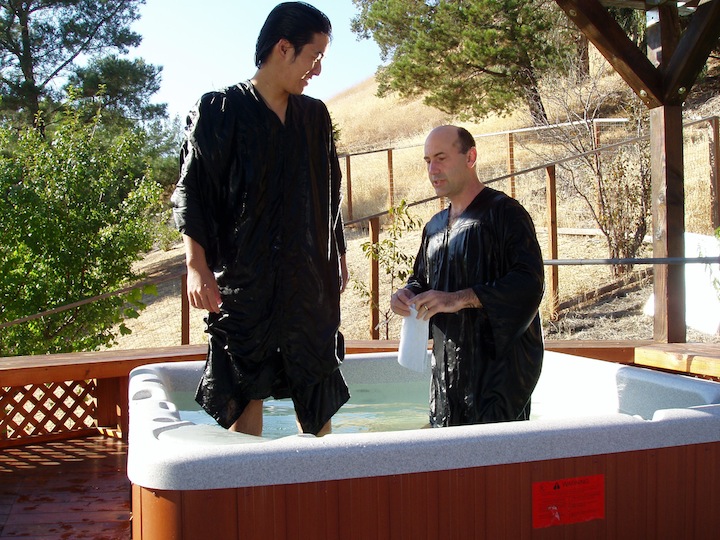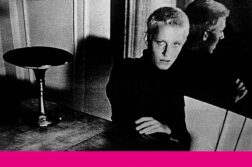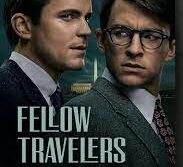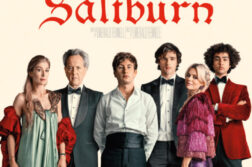Half-Life. Saura Wu is raising her immature nineteen-year-old daughter Pam and her eight-year-old son

Timothy alone now that her husband has flown away. She has a much younger boyfriend who helps her cope, but he has problems of his own. In the meantime, an adopted son, Scott Parker (Leonardo Nam), goes to considerable comic lengths to make his pious parents openly recognize that he’s gay – something they are not prepared to do. Set in Diablo Valley, another place where urban sprawl is casting its anti-planet miasma, Jennifer Phang’s magical-realist film about a group of people paralyzed by inertia is somewhat uneven. Nevertheless, Half-Life is a thoughtful if bitter film about our civilization’s seemingly inevitable demise, occasionally marred by some terrible acting.






